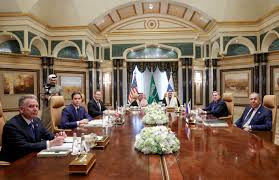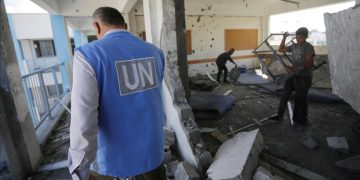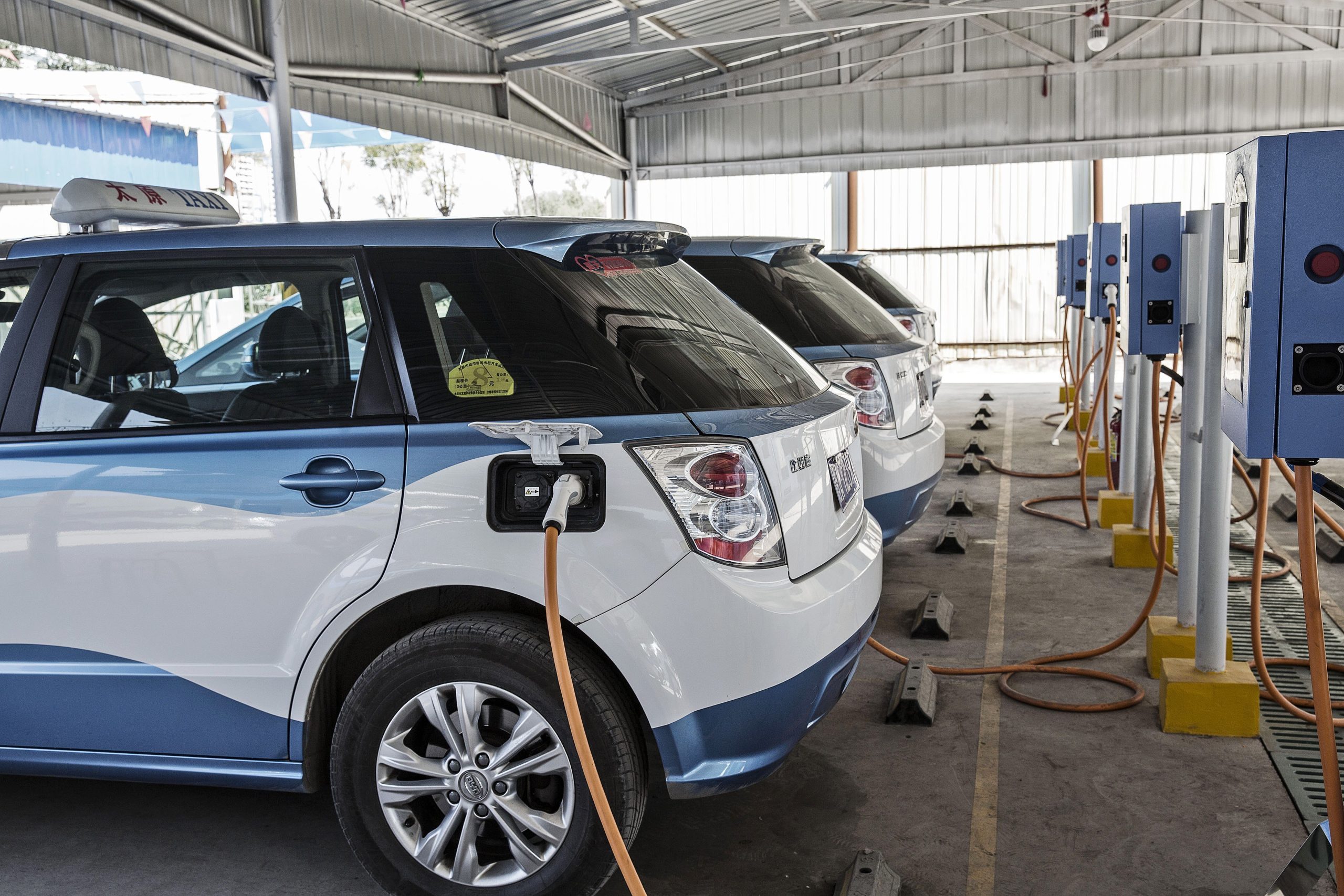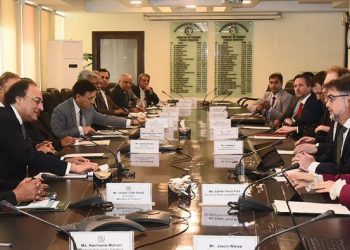Saudi Arabia’s finance minister announced on Monday of tripling the Value Added Tax (VAT) and halting monthly handout payments to citizens as new austerity measures amid record low oil prices and a coronavirus-led economic slump.
The measures are expected to stir public resentment with the cost of living rising, come as the petro-state steps up emergency plans to slash government spending to deal with the twin economic blow.
“It has been decided the cost of living allowance will be halted from June 2020 and VAT will be raised from 5 per cent to 15 per cent from July 1,” Finance Minister Mohammed al-Jadaan said in a statement released by the official Saudi Press Agency.
Jadaan insisted the measures were necessary to shore up state finances amid a “sharp decline” in oil revenue as the coronavirus pandemic saps global demand for crude.
The government was also “cancelling, extending or postponing” expenditures for some government agencies and cutting spending on major state projects introduced as part of an ambitious reform programme to diversify the oil-reliant economy, the minister added.
Jadaan last week warned of “painful” and “drastic” steps to deal with the double shock of the novel coronavirus and record low oil prices.
The International Monetary Fund in April projected that the Saudi economy would contract by 2.3pc this year.
Saudi Arabia, along with other Gulf states, imposed a five percent tax on goods and services in 2018 in a bid to generate additional revenue.
The petro-state had also introduced handouts worth billions of dollars to citizens, known as the cost of living allowance, to cushion the impact of rising costs.
Jadaan has said he expected Riyadh could lose half of its oil income, which contributes about 70pc of public revenues, as oil prices have fallen two-thirds since the start of the year.
He said the world’s leading crude exporter would borrow close to $60 billion this year to plug a huge budget deficit.
Riyadh has posted a budget deficit every year since the last oil price rout in 2014.
Crown Prince Mohammed bin Salman’s multi-billion dollar projects to wean the economy away from oil also remain vulnerable to austerity measures.
But it remains unclear whether the prince’s dream project Neom — a $500 billion megacity set to be built from scratch along the kingdom’s picturesque western coast — will be impacted.
The plans hit a new roadblock last month when a member of the local Huwaitat tribe was gunned down by state forces after he refused to give up his land for the project.
Campaigners said many other members of the Bedouin tribe were detained for spreading anti-displacement slogans and refusing to sign relocation documents, in a rare domestic clash with the government that has a reputation for crushing dissent.
















































